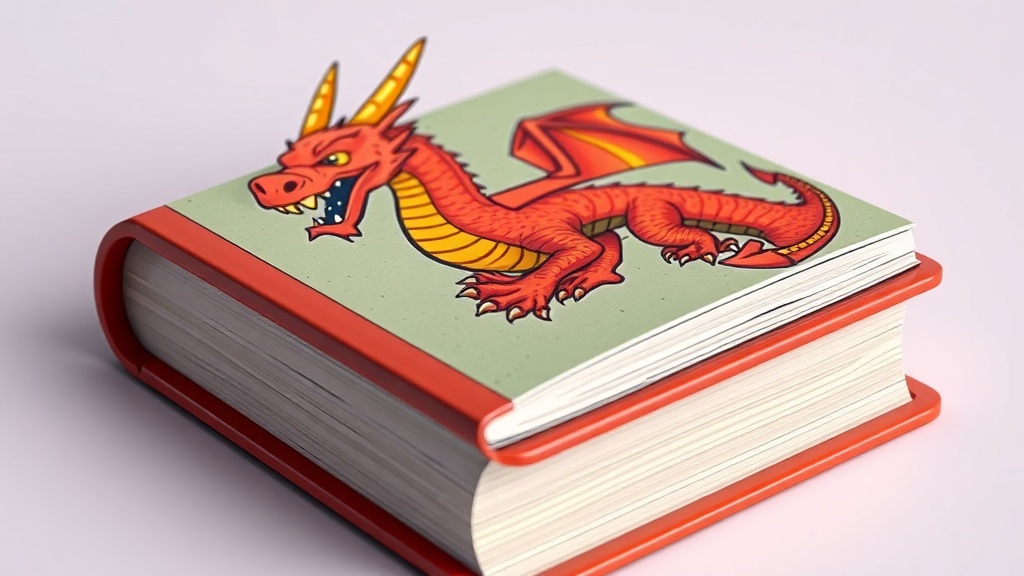Home / Technology / US Judge Greenlights Lawsuit Against OpenAI for Copyright Infringement
US Judge Greenlights Lawsuit Against OpenAI for Copyright Infringement
29 Oct
Summary
- US judge allows class-action lawsuit against OpenAI to proceed
- Lawsuit alleges ChatGPT violated copyrights of authors like George R.R. Martin
- OpenAI and Microsoft have "fair use" defense against the claims

On October 29, 2025, a US District Judge in Manhattan ruled that a class-action lawsuit against OpenAI can proceed, citing potential copyright infringement by the company's ChatGPT AI. The lawsuit, consolidated from claims by numerous authors including Game of Thrones creator George R.R. Martin, alleges that OpenAI and Microsoft violated copyrights by using books without permission to train their large language models.
In his ruling, Judge Sidney Stein reviewed an example where ChatGPT was prompted to write a sequel to Martin's "A Clash of Kings." The AI's response, which included details about a new claim to the Iron Throne and the discovery of ancient dragon magic, was deemed "substantially similar" to the original works, allowing the case to move forward on copyright grounds.
However, OpenAI and Microsoft may still have a defense under the "fair use" doctrine, which allows limited use of copyrighted material for purposes like education or commentary. Earlier this year, a similar case against Anthropic was settled, with the AI company agreeing to pay $1.5 billion to authors whose works were used to train its models.



